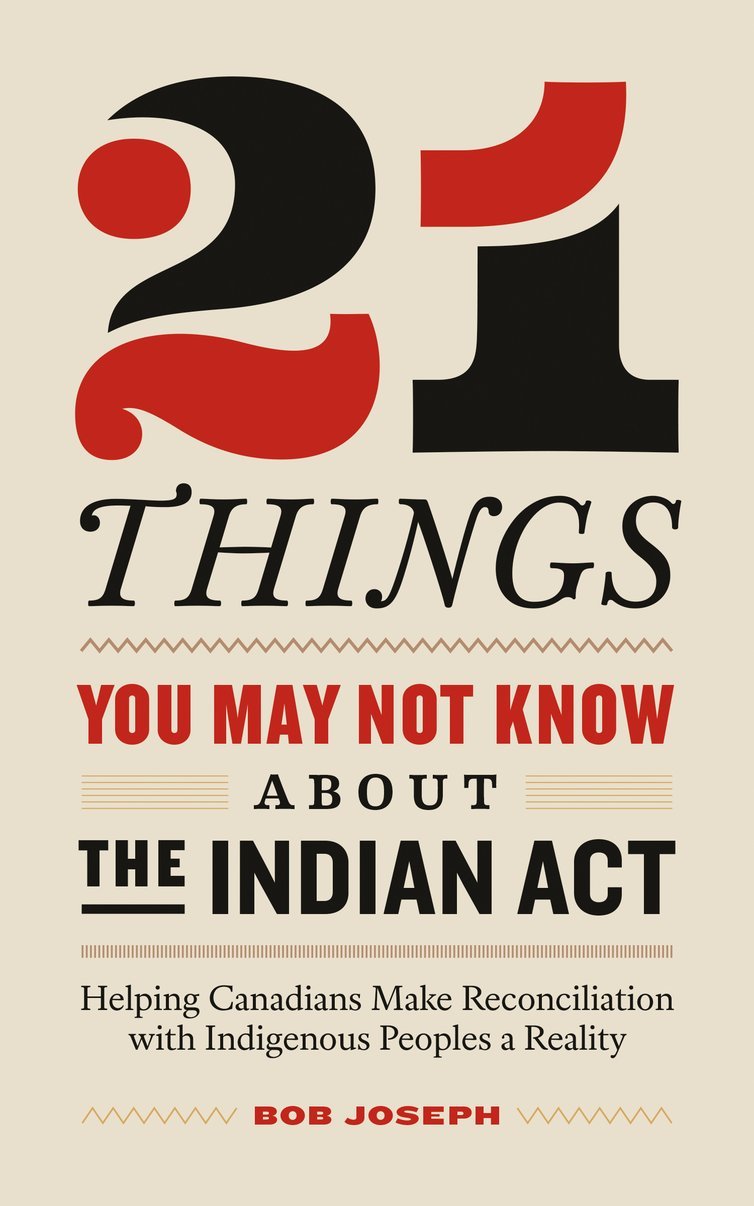What do you think?
Rate this book


160 pages, Paperback
First published April 10, 2018

"...Large-scale U.S. epidemiological studies, demonstrate that compared to other U.S. ethnic groups Native Americans have the highest rates of alcohol and other drug dependence [2] and Native American adolescents have been shown to have the highest rates of substance use and substance-related disorders [3]. Lifetime rates of alcohol dependence, in the small number of individual tribal groups studied, have been reported as 20%–70% [4-6], higher than the epidemiological rate of DSM-IV alcohol dependence of 13% in the U.S. general population [7]. The causes for increased rates of alcohol and drug dependence in Native Americans are thought to have both environmental and genetic determinants.
Early socio-cultural theories posited that Native American alcohol use and abuse was a result of loss of traditional community lands, cultures and ties coupled with the stress of acculturation; however, there has been little direct evidence to support such theories [8]. More recent theories have presented data to support an association between alcohol dependence and such factors as personal and historical trauma (see [9-10]), early age of onset of drinking [11] as well as lack of contingency between access to basic life reinforcers (employment, housing, education and health care) and sobriety.
The contribution of genetic factors to the development of alcohol and other drug dependence has been consistently supported by numerous family, twin, and adoption studies in general population samples. Although the mode of transmission of this increased risk is unclear, most investigators favor a model where a genetic predisposition interacts with environmental variables to produce an overall risk for the disorder. It is also likely that complex disorders like substance dependence are influenced by a large number of genes of small effect. While many of these genes may be specific to the etiology of these disorders, others likely overlap with other psychiatric and metabolic disorders. For example, substance dependence and obesity both occur more frequently in some Native American populations. One theoretical assumption concerning Native people is that the long history of dependence on foraging and subsistence agriculture may have led to selective enrichment of traits that improve genetic fitness, so called ‘thrifty’ or ‘fat sparing’ genes. It has been suggested that this same selective pressure may have enriched for genetic variants that increase the risk for consumption of alcohol and perhaps other drugs of abuse providing another potential pathway that could give rise to shared genetic influences between these traits [16-17].
The present report presents a review of the findings supporting a substantial genetic component contributing to the development of substance dependence in Native Americans. Such findings have the potential to yield important insights into the genetics of substance dependence given that genetic epidemiology studies conducted in well-defined populations, such as Native American tribes, can be particularly informative given the relative environmental and genetic homogeneity of some these populations compared to larger, more stratified general population samples."